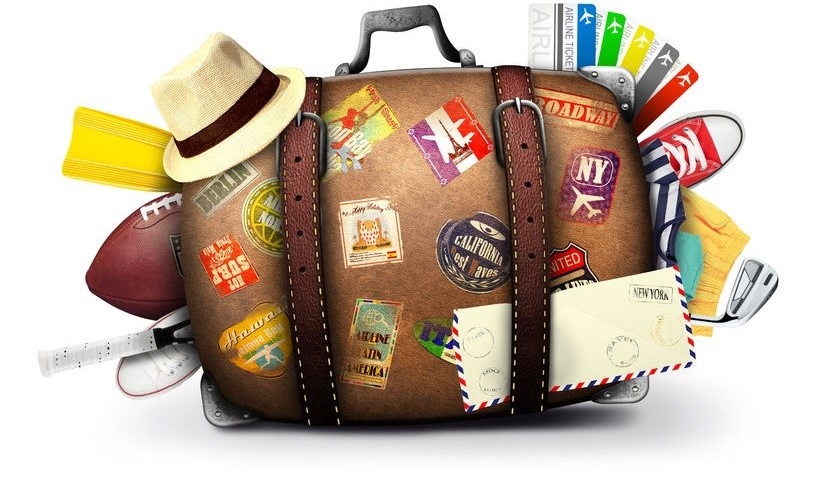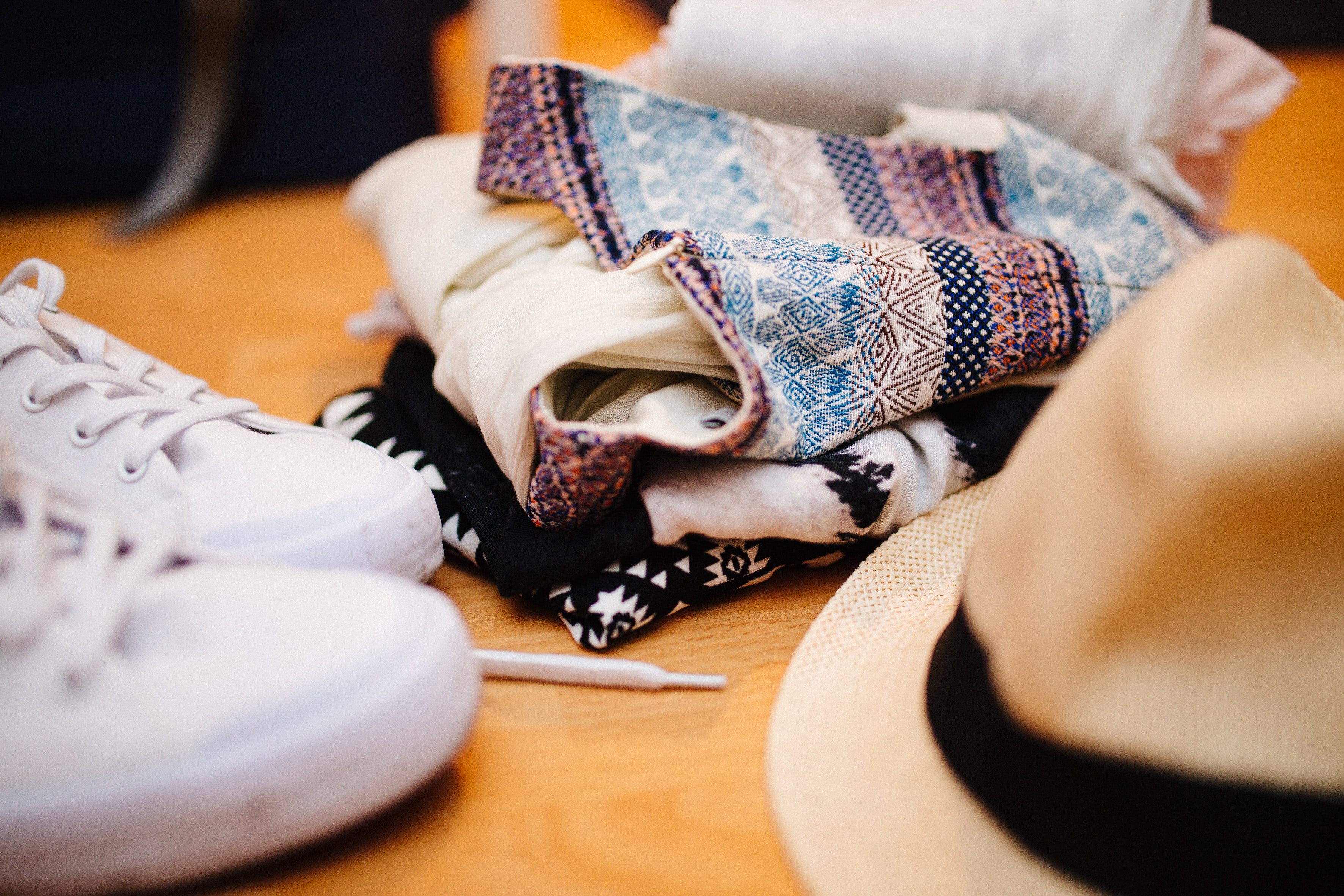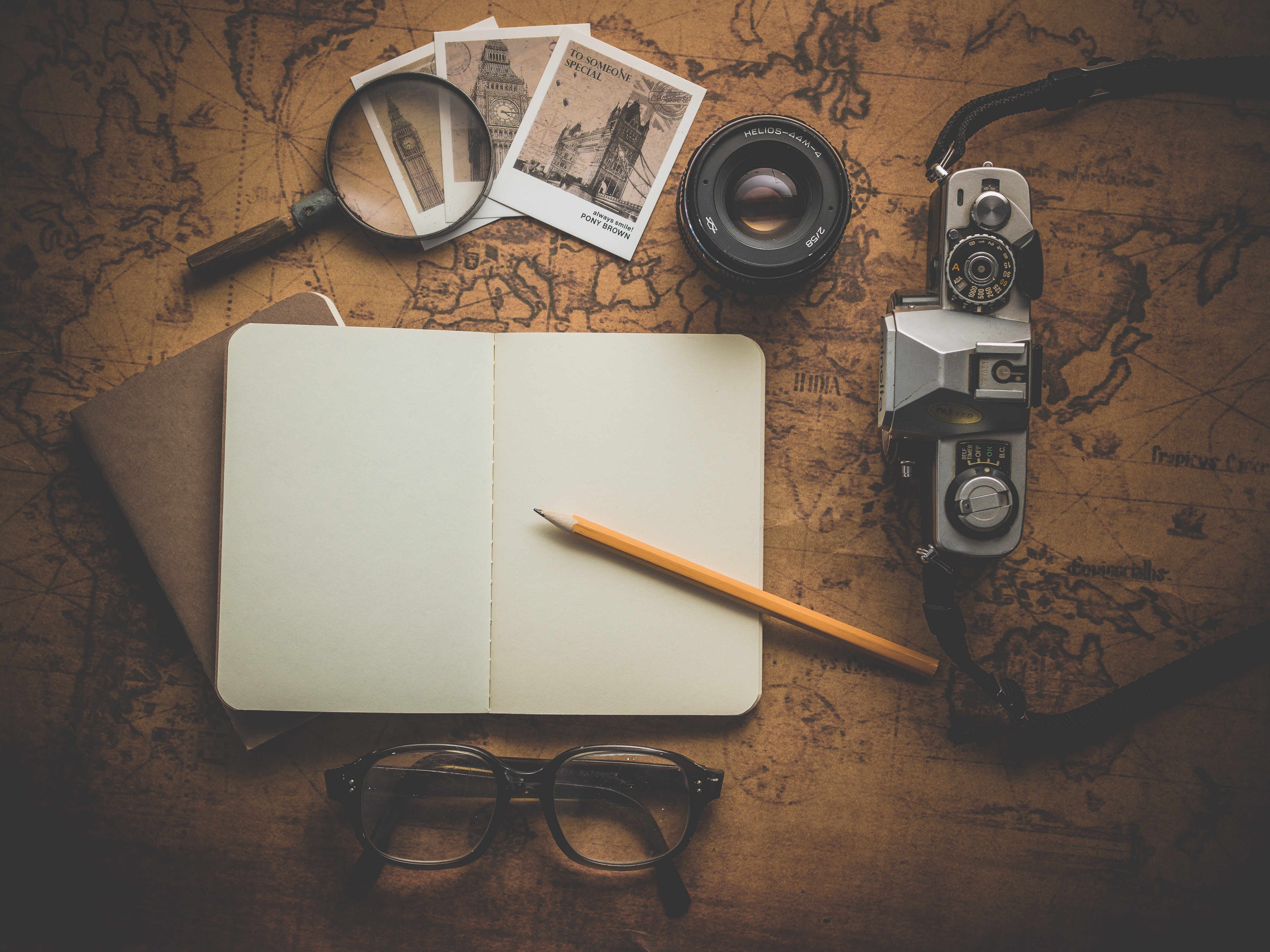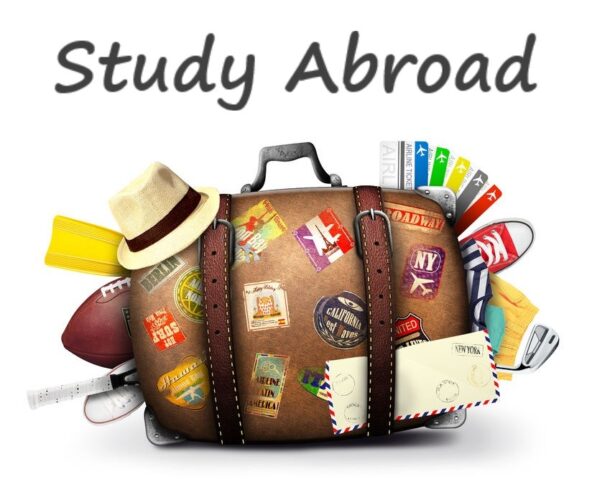
Important Documents to Pack
The most important documents to pack for traveling include:
- Passport
- Work or student visa
- Driver’s license or state ID
- Birth certificate, if it is required for your type of travel
- Plane tickets
- Any documents required for school
- Schedules and itineraries
What you need to bring will vary based on where you’re going and how you are getting there. Verify the required documents for every step of your travels, and make a checklist of items to bring.
Clothing for Studying Abroad
The clothing you pack will largely depend on where you are studying. Adjust your clothes to match the weather in that country while you’re traveling. Pack interchangeable layers so you have something to wear in any condition. Jackets, plain color shirts and versatile shoes are ideal. Here are some clothing items you may include on your list:
Win more scholarships with less effort
Simplify and focus your application process with the one-stop platform for vetted scholarships.
Check for scholarships- Two weeks’ worth of underwear
- Two weeks’ worth of socks
- Shirts with different sleeve lengths
- Lightweight jackets
- Bottoms to suit your needs (slacks, jeans, shorts, skirts, etc.)
- One thick, warm jacket if you’re studying in a cold climate
- One rain jacket
- One or two belts
- A small number of accessories (one scarf, three necklaces, three pairs of earrings, etc.)
- Two or three hoodies, sweatshirts or sweaters (more if the weather will be cold)
- Pajamas (pack enough to last a couple weeks, but remember that you may wear them multiple times)
- A swimsuit
- Two sets of workout clothes (more if you work out daily)
- One formal outfit (more if you are interning overseas)
- Approx. five pairs of shoes – sneakers, dress shoes, rain boots, boots, flip flops for the beach or shower

Toiletries for Studying Abroad
Plan to buy most of your toiletries when you arrive in the other country. The Transportation Security Administration (TSA) has strict guidelines about traveling with liquids. You may only bring one quart size bag of liquids, creams, and gels in your carry-on bag. Each liquid must be in a 3.4 ounce container or smaller. You can bring larger quantities of liquid in your checked bags, but your clothes might get damaged if they leak. Here are some toiletries to pack studying abroad:
- Deodorant
- Soap
- Shampoo and conditioner
- Toothbrush and toothpaste
- Razors (with enough blades to last for your trip)
- Feminine hygiene products (you may look into a reusable product like a diva cup to save room in your bag)
- Makeup
- Nail care products
- Hairbrush or comb
- Electronic hair tools (curling iron, flat iron, blow dryer + outlet adapter)
- A small quantity of styling products, such as hair gel or hairspray
- One roll of toilet paper (you can buy more when you get there)
- Contact lenses and contact solution
How to Pack Medicine When Studying Abroad
You are allowed to bring prescription and over-the-counter medicine with you when you travel. Ideally, you should pack prescription medication in the corresponding pharmacy bottle. This is not a TSA requirement, but some states and countries require proof of prescription when traveling with medication. If you are traveling with liquid medication, such as cough syrup, you will need to abide by the liquids rule mentioned in the toiletries section.
Pack prescription medicine in your carry-on bag so you do not risk losing it in checked luggage. This includes birth control, prescribed vitamins, or anything else you need on a daily basis.

Electronics for Studying Abroad
You must be careful when traveling with electronics. These items can get stolen or lost in the airport, leaving you with a large financial loss. If you must bring electronics, put them in your carry-on bag. This includes:
- Laptop with charging cable
- Cell phone with charger
- Camera with charger and/or replacement batteries
- MP3 Player
- Outlet adapters for the country you’re traveling to (American plugs will not work with European outlets)
Your cell phone may not work overseas, but you can still bring it in case of flight delays. You may be able to get a SIM card for the country you’re visiting to use in your current phone. This will save you from buying or renting a phone while studying abroad.
Packing Money for Studying Abroad

Bring about $300 in cash, just in case your card does not work. Convert this to the other country’s currency before you get there. You can do this at the airport. Note that there will be a conversion fee, so prepare to spend a little extra.
Store your money in a zipper bag that can hang around your neck. Wear this under your shirt to protect yourself from pick-pocketers. If you want to bring a wallet or purse to use while you are in the country, pack it in your checked baggage. You can transfer your money and ID to the wallet once you are settled in.
General Tips for How to Pack Studying Abroad
Here are some extra tips to consider as you pack.
- Do not bring any items that have significant value, such as a family heirloom or valuable piece of jewelry. There is always a risk that these items can get lost or stolen while traveling.
- Contact your cell phone provider to ask about international calling plans. Explain where you are traveling and how long you will be there. If your phone or phone plan is not compatible overseas, you may explore a prepaid plan through a different provider. You can activate this while traveling and then cancel it when you return home.
- Choose a carry-on that will also work as a school bag when you’re on campus.
- Verify that your dorm or hostel has linens for the bed. If not, plan to purchase sheets and a comforter when you get there, or pack something in your bag.
- If you have bulky clothes, like big coats, use vacuum bags to save space in your luggage.
- Be mindful of how heavy your items are. This is especially true for electronics. TSA has a size limit for luggage as well as a weight limit.
- Pack one extra outfit in your carry-on, in case your luggage gets lost.
- Pack well in advance, and double check your packing list as you go. This will ease your stress and ensure you do not forget anything.



